- 3736
- 1
Sharing Ideas and Updates on LPG in Nigeria and related information to enable effective collaboration within the LPG Value Chain
LPG As A Lifeline For Flood Victims In Libya

On September 4, 2023, a massive flood hit Libya's northeast, killing thousands of people and leaving tens of thousands more displaced. The flood was caused by Storm Daniel, a rare Mediterranean tropical cyclone which dumped heavy rain on the region, causing rivers to overflow and dams to collapse.
The worst-hit city was Derna, which is located on the Mediterranean coast. Whole neighborhoods were washed away, and hospitals and other infrastructure were destroyed. The death toll in Derna is estimated to be at least 11,300 to an estimated 20,000, and the number of missing people is still unknown. The flood has been described as the deadliest natural disaster in Libya's history. It has also highlighted the country's vulnerability to climate change and extreme weather events.
There are a number of factors that contributed to the severity of the flood. One factor is that Libya is a very arid country, and the soil is not able to absorb much water. This means that when heavy rain falls, it can quickly run off and cause flooding. Another factor is that the country's infrastructure is in poor condition, and many dams and levees are not properly maintained.
The flood has had a devastating impact on the people of Libya. Many people have lost their homes and livelihoods, and there is a shortage of food and water. The international community has responded with aid, but more is needed to help the people of Libya recover from this disaster.
In addition to the human cost, the flood has also caused significant damage to infrastructure and the environment. Roads, bridges, and buildings have been destroyed, and agricultural land has been washed away. The flood has also polluted waterways and damaged coastal ecosystems.
The flood in Libya is a stark reminder of the dangers of climate change and the need for countries to take action to reduce greenhouse gas emissions. It is also a reminder of the importance of investing in resilient infrastructure and disaster preparedness. Below we explain how LPG can be of help to the disaster victims in Libya.
LPG can be of help following the natural disaster in Libya in a number of ways:
It should be noted that the total domestic gas consumption in Libya amounted to around 8.6 billion cubic meters in 2021, increasing from roughly 7.7 billion cubic meters in 2020.
Cooking and heating: LPG can be used to cook food and heat homes, which is essential for people who have lost their homes and belongings. LPG is also a clean-burning fuel that produces fewer emissions than traditional fuels such as wood and charcoal.
Lighting: LPG can be used to generate electricity for lighting, which is important for people who have lost access to power. LPG can also be used to power generators, which can be used to power essential equipment such as hospitals and water pumps.
Water purification: LPG can be used to power water purification systems, which can help to ensure that people have access to clean drinking water.
Medical care: LPG can be used to power medical equipment, which is essential for providing care to people who have been injured or sick.
Rehabilitation: LPG can be used to power tools and equipment that can be used to repair damaged homes and infrastructure.
In addition to these immediate needs, LPG can also be used to help people in Libya recover from the flood in the long term. For example, it can be used to power businesses and factories, which can help to create jobs and stimulate the economy.
LPG can also be used to generate electricity for schools and universities, which can help to improve education and training opportunities.
The international and African communities can help to provide LPG to Libya by donating LPG cylinders and fuel. They can also help to support the development of LPG infrastructure in Libya, such as LPG filling stations and distribution networks.
Here are some specific examples of how LPG has been used to help people in Libya following the flood:
The United Nations World Food Programme has distributed LPG cylinders to people in Derna who have lost their homes. This has allowed people to cook food and heat their homes in the winter.
The Libyan Red Crescent has used LPG to power generators at hospitals in Derna. This has ensured that people who have been injured or sick have access to medical care.
The Libyan government has used LPG to power water purification systems in Derna. This has helped to ensure that people have access to clean drinking water.
LPG is a versatile fuel that can be used to meet a variety of needs in the aftermath of a natural disaster. How else do you think LPG can be used to help the country recover from this natural disaster?
Image Credit: Al Jazeera.





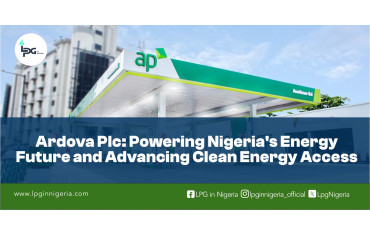
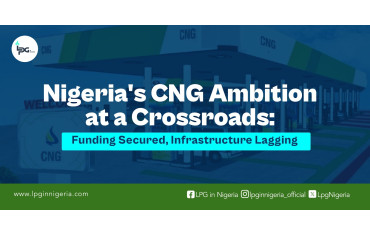
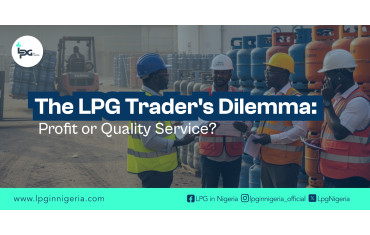

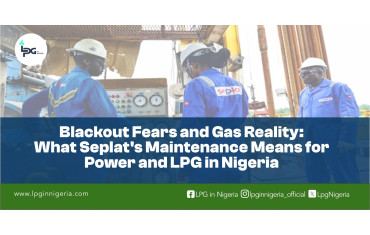
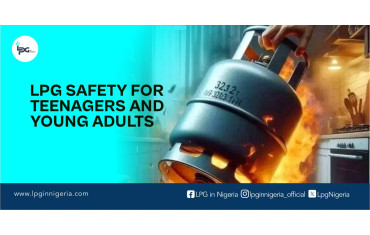





Khalid Mughal
13 June 2024 - 09:44amDear Sir,
I would like to inform you that I developed seamless/joint less LPG Composite Cylinder First time in all over the world and also complete LPG Composite cylinder production line. This is my own product invention. My invention can reduce the Leakage and cast of cylinder. You can also save your time and increase your production. We assure 100% leak proof HDPE composite cylinder liner result by using our technology below molding machine. Because there is no joint between boss port & HDPE Liner. Please visit link below to better understanding. https://www.youtube.com/watch?v=5WC4fBAToJ4
We can modifying your below moulding machine into our Joint less technique if you are manufacturer of LPG Composite Cylinder. Modifying of below moulding machine cast is very nominal. We can supply complete LPG Composite Cylinder production line at world`s lowest price with best quality and also supply world first jointless LPG Composite Cylinder . If you are interested contact us for further questionnaires.
Looking forward to hearing from you soon. Best regards, Khalid Mughal WAA TECHNOLOGIES PVT LTD Aero Engineering Pvt Ltd OPP LAHORI OCTROI POT G.T ROAD GUJRANWALA PAKISTAN TEL:+92-554-273828. 287011 Cell: 0092-321-6448696Whattsapp: 00923006445253
Reply